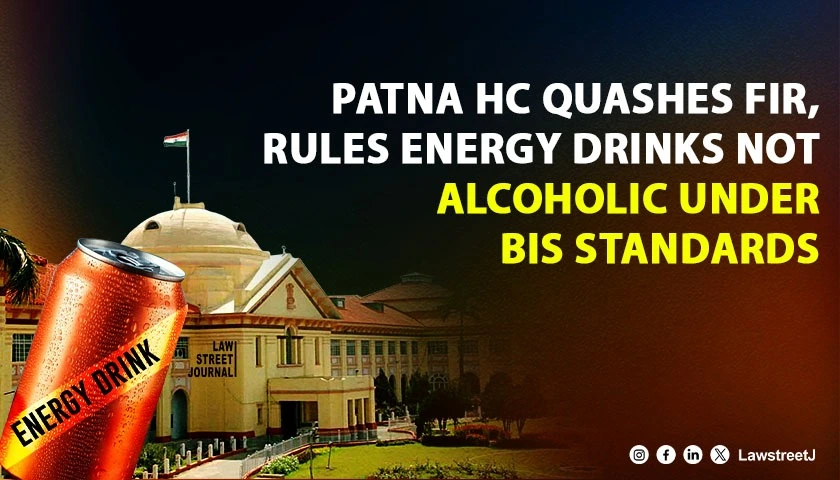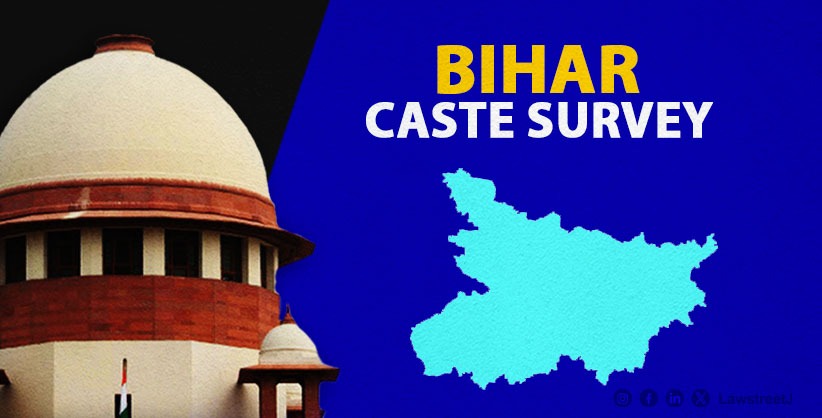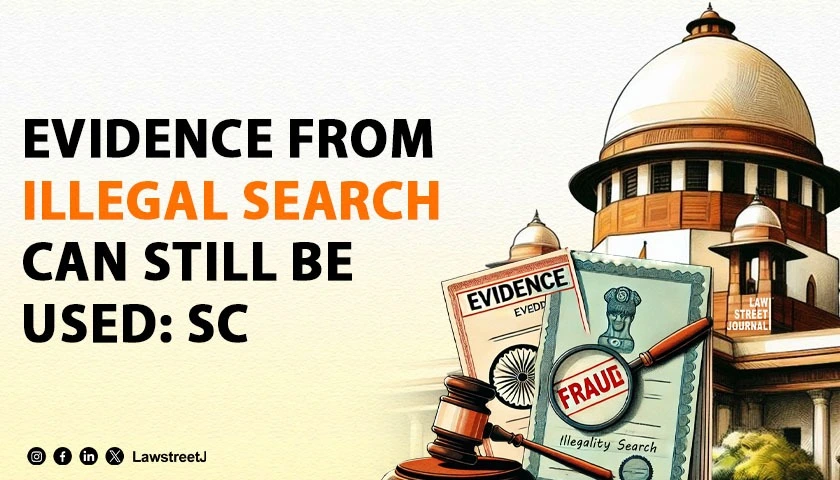Patna: The Patna High Court has quashed criminal proceedings against an energy drink distributor accused of misrepresenting beer as energy drinks, holding that beverages containing less than 0.5% ethyl alcohol conform to Bureau of Indian Standards (BIS) specifications for non-alcoholic drinks and do not violate Bihar’s prohibition laws.
Justice Alok Kumar Pandey ruled that the Bihar Prohibition and Excise Act does not prohibit the sale of non-alcoholic beverages meeting BIS standards, even if they contain trace amounts of ethyl alcohol within permissible limits.
The court was hearing Criminal Writ Jurisdiction Case No. 1405 of 2017, filed by Kumari Punam, proprietor of M/s Siddhi Enterprises, along with employees Rajeev Ranjan and Ramesh Kumar, challenging FIR No. 34 of 2017 registered at Ramkrishna Nagar Police Station, Patna.
The case originated from a February 9, 2017 news report in Dainik Bhaskar alleging that beer was being sold under the guise of energy drinks. The report claimed that products with names resembling “Thunder Bolt” and “Kingfisher” contained 4–5% alcohol content.
Following the report, excise officials raided the premises of M/s Siddhi Enterprises in Bigrahpur, Patna, seizing beverages including “WFM Super Strong 10000 and 100000,” “Thousand Bolt,” “Kalalon Golden,” and “Kingfermer.” The sales manager and accountant were also apprehended during the raid.
Counsel for the petitioners argued that the FIR should be quashed in light of an identical case, M/s Smart India Marketing Proprietorship v. State of Bihar (Cr. WJC No. 627 of 2017), already decided by the same court and later affirmed by the Supreme Court.
The court examined BIS specifications for carbonated beverages, which define non-alcoholic beer as “a beverage containing less than 0.5 percent ethyl alcohol by volume.” The standard permits up to 0.5% ethyl alcohol content at 15/15°C for products classified as non-alcoholic.
Justice Pandey also noted that M/s Siddhi Enterprises held valid licenses, including one issued by the Deputy Director (Food & Vegetable Oil) under the Ministry of Food Processing Industries since 1998, and another under the Food Safety and Standards Act, 2006, granted by Bihar’s Department of Health and Family Welfare.
Test reports reviewed by the court showed that samples collected by excise officials from various districts contained ethyl alcohol ranging between 0.2% and 0.4% v/v, as documented in chemical analysis reports prepared by the Excise Chemist, Bihar, Patna.
However, the State argued that samples tested on March 31, 2017 by the Forensic Science Laboratory, Patna, indicated alcohol content ranging from 2.24% to 2.58% v/v, suggesting the beverages were intoxicating in nature.
The prosecution maintained that Bihar enforces “zero tolerance regarding beverages containing alcohol” under its prohibition policy and that permitting the sale of such products would “defeat and frustrate the uncompromising policy of prohibition” enshrined in Article 47 of the Constitution.
Justice Pandey analyzed the statutory definitions under the Bihar Prohibition and Excise Act, noting that Section 2(3) defines “alcoholic” as “a solution or mixture containing alcohol and being of any strength and purity,” while Section 2(4) defines “alcoholic beverage or potable liquor” as “any beverage containing alcohol in conformity with the BIS standard which may be intoxicating.”
The court held that these provisions must be read together, stating:
“Statutory provisions cannot be read in isolation to gather the aim and object of the legislature in bringing the law into force.”
Justice Pandey further observed that if the legislature had intended complete prohibition of all beverages containing any alcohol content, “there was no need to incorporate clarification in the form of the definition of the word ‘alcoholic beverage or potable liquor’ under Section 2(4) of the Act.”
The court concluded that while the Act prohibits intoxicants containing alcohol of any strength under Section 2(3), it “does not prohibit the sale of non-alcoholic substances in conformity with the standards set by the BIS, in view of the definition and clarification contained under Section 2(4) of the Act.”
On the higher alcohol content found in later tests, Justice Pandey accepted the petitioners’ argument that “the alcoholic content was found on account of fermentation which had taken place due to the span of time” between the initial seizure and the subsequent testing conducted “after nearly one and a half months.”
The court emphasized that “the offence is to be determined on the date of its commission, and if on the date of seizure the energy drink did not contain any alcoholic substance, the offence was not committed as per the provisions of the Act.”
Justice Pandey also raised concerns about the testing process, observing that “it is not clear whether the materials tested were in fact the ones seized from the petitioners’ premises or from some other source, as this is not on record.”
Reiterating established legal principles, the court stated that “if the FIR does not disclose a cognizable offence, it should be quashed, as its continuance would amount to an abuse of the process of law and would result in failure of justice.”
Finding that the beverages contained only 0.2% to 0.4% ethyl alcohol according to official excise chemist reports—well within BIS standards for non-alcoholic drinks—the court held that “the petitioners were selling non-alcoholic substances, according to the BIS standard.”
Justice Pandey concluded that “it cannot be said that the petitioners have committed any offence under the Act, nor does the FIR disclose any offence, much less a cognizable offence said to be committed by the petitioners.”
The court also noted that during the pendency of proceedings, the premises had already been de-sealed by the Officer-in-Charge of Ramkrishna Nagar Police Station on the orders of the Collector, Patna.
In its final order, the court quashed FIR No. 34 of 2017 of Ramkrishna Nagar Police Station in its entirety, thereby closing all criminal proceedings against the petitioners.
Case Title: Kumari Punam & Ors. vs. State of Bihar & Ors.



![Immediately stop caste-based survey: Patna High Court to Bihar Government [Read Order]](/secure/uploads/2023/05/lj_2614_70fde4fe-1b94-4360-a3d2-e162d6022c46.jpg)


![Supreme Court refuses pre arrest bail to IPS officer accused of creating fake WhatsApp account of HC's CJ [Read Order]](/secure/uploads/2023/11/lj_1575_Fake_WhatsApp_account_of_Patna_HC_Chief.jpg)






